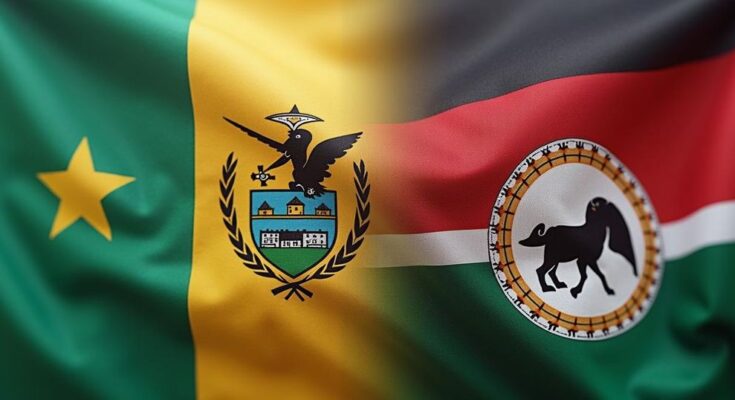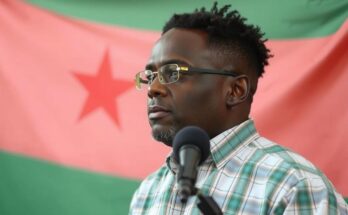The UN High Commissioner for Human Rights has expressed grave concern over threats targeting special rapporteurs in Eritrea, Burundi, and the Philippines. Ms. Sheila Keetharuth faced personal attacks from Eritrean officials, while Burundi’s government threatened members of a Commission of Inquiry. In the Philippines, threats were made against UN rapporteur Agnes Callamard. These actions represent a troubling trend of hostility towards human rights oversight and must be addressed by the global community.
The United Nations High Commissioner for Human Rights has raised alarm regarding threats made against its special rapporteurs in Eritrea, Burundi, and the Philippines. A statement issued on November 21 expressed concern over ongoing attempts by certain governments to undermine the essential mechanisms established by the Human Rights Council, which consists of 47 member states. Specifically addressing Eritrea, the High Commissioner lamented the hostile verbal attacks directed towards Ms. Sheila Keetharuth, the Special Rapporteur on the situation of human rights in Eritrea. Ms. Keetharuth recently submitted a report revealing a deteriorating human rights situation in the country. During her interactive dialogue at the Human Rights Council session in June, she faced considerable hostility, highlighted by derogatory comments from the Eritrean Ambassador, who insultingly referred to her as a “naked Empress with no clothes” and accused her of conducting a witch-hunt against Eritrea. The statement emphasized that Ms. Keetharuth has been diligently executing her mandate as assigned by the UN Human Rights Council and should not be subjected to personal attacks from government representatives. Regarding Burundi, the High Commissioner lodged a formal complaint about threats issued by the Burundian ambassador against the authors of a recent report from a Commission of Inquiry examining human rights violations in the nation. The High Commissioner deemed this intimidation unacceptable, asserting that threats of prosecution against members of a commission mandated by the Human Rights Council contravene the 1946 Convention on the Privileges and Immunities of the United Nations. He urged the Burundian Government to reconsider its stance of non-cooperation with the International Commission of Inquiry, emphasizing the need to halt any threats against its members. The Philippine situation was also highlighted, where President Duterte and his allies have allegedly issued threats against Agnes Callamard, the UN special rapporteur tasked with investigating extrajudicial killings. The actions of these governments represent a worrying trend of hostility towards the UN human rights mechanisms and their representatives, calling for urgent international attention and response.
The ongoing threats against UN human rights experts reflect broader issues of governmental resistance to scrutiny and accountability concerning human rights violations. The United Nations Human Rights Council was established to address such issues among member states, providing a vital forum for promoting and protecting human rights globally. Special rapporteurs play a critical role in assessing and reporting on human rights situations, making them targets for government pushback, particularly in oppressive regimes. Recent incidents in Eritrea, Burundi, and the Philippines exemplify the risks faced by these experts and the importance of protecting their work to uphold human rights standards universally.
In conclusion, the reported threats against UN human rights experts from Eritrea, Burundi, and the Philippines underscore a critical violation of international norms regarding human rights protection and the safety of those tasked with reporting these conditions. The international community must remain vigilant and advocate for the safety of these experts to ensure that their vital work can continue without fear of intimidation or violence.
Original Source: www.africanews.com




